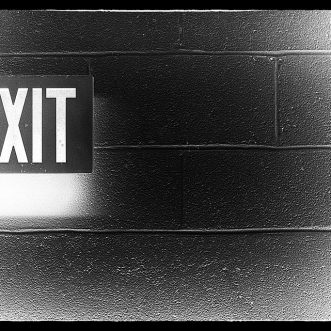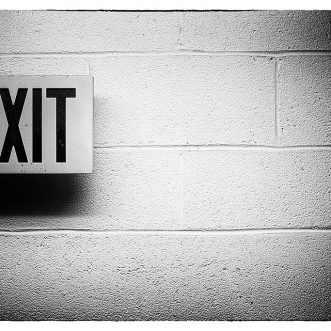
Legacies
We all think we’re going to live forever.
We go through life making our dent in the universe without giving a thought to what might happen to it after we’ve gone. If we think of a legacy at all, we think of it as money or assets to be left to our children.
There are other ways.
Artists leave a body of work that can remind everyone that comes after of their unique dent. Writers or composers do even better. They leave behind the means to re-create their work, so their unique dent can actually get wider and deeper for hundreds of years after they’ve turned to dust.
And many of us start enterprises. Most of which will die when we do, even when they are successful.
Why? When with a little effort, we could leave the means to continually renew and expand our dent to reach everyone who needs it for generations to come?
That’s what I’d call a legacy.
And my mission is to help business owners like you leave yours – for generations to come.


